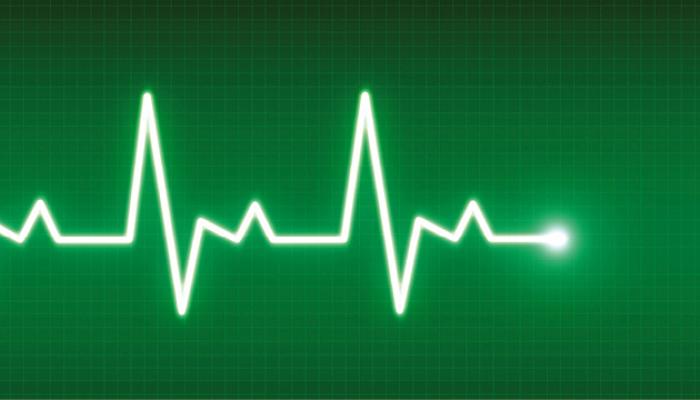
4.38 Чи завжди евтаназія – це неправильно?
Термін «евтаназія» став синонімом вбивства того, хто більше не хоче жити: смерть за власним бажанням. У разі евтаназії ми штучно закінчуємо життя, яке нам дав Бог: ми кладемо край тому, що нам не належить.
Замість того, щоб допомогти комусь любити і поважати життя, дане Богом, цій людині допомагають покінчити це життя. Здійснення евтаназії порушує стародавню клятву грецького лікаря Гіппократа. Людина ніколи не має права покінчити зі своїм життям, і тому евтаназія завжди неправильна.
What is forbidden by the fifth commandment?
The fifth commandment forbids as gravely contrary to the moral law:
- direct and intentional murder and cooperation in it;
- direct abortion, willed as an end or as means, as well as cooperation in it. Attached to this sin is the penalty of excommunication because, from the moment of his or her conception, the human being must be absolutely respected and protected in his integrity;
- direct euthanasia which consists in putting an end to the life of the handicapped, the sick, or those near death by an act or by the omission of a required action;
- suicide and voluntary cooperation in it, insofar as it is a grave offense against the just love of God, of self, and of neighbor. One’s responsibility may be aggravated by the scandal given; one who is psychologically disturbed or is experiencing grave fear may have diminished responsibility. [CCCC 470]
What medical procedures are permitted when death is considered imminent?
When death is considered imminent the ordinary care owed to a sick person cannot be legitimately interrupted. However, it is legitimate to use pain-killers which do not aim at in death and to refuse “over-zealous treatment”, that is the utilization of disproportionate medical procedures without reasonable hope of a positive outcome. [CCCC 471]
Is it permissible to offer assistance in dying?
To bring about death directly is always against the commandment “You shall not kill” (Ex 20:13). In contrast, to stand by and assist a dying person is humane and even obligatory.
What really matters is whether a dying person is killed or allowed to die and thus accompanied. Someone who intentionally brings about the death of a dying person (euthanasia) breaks the Fifth Commandment. Someone who helps another person in the dying process obeys the commandment “Love your neighbor.” In view of the certain impending death of a patient, it is therefore legitimate to withhold extraordinary or expensive medical procedures that are not proportionate to the expected outcome. The patient himself must make the decision to forgo “extraordinary” measures or must have stated this intention in an advance directive. If he is no longer capable of doing so, those who are legally entitled must represent the express or probable wishes of the dying person. Ordinary care of a dying person should never be discontinued; this is commanded by love of neighbor and mercy. Meanwhile it can be legitimate and in keeping with human dignity to use painkillers, even at the risk of shortening the patient’s life. The crucial thing is that the use of such medications must not aim at bringing about death, either as an end in itself or as a means of ending pain. [Youcat 382]
У соціальному та культурному контексті, який ускладнює переживання і сприйняття страждань, стає все більшою спокуса вирішити проблему страждання, усунувши його в корені, прискоривши смерть... Я підтверджую, що евтаназія є серйозним порушенням закону Божого, оскільки це навмисне і морально неприпустиме вбивство людської особи. [Папа Іван Павло II, Evangelium Vitae, 15.65]





